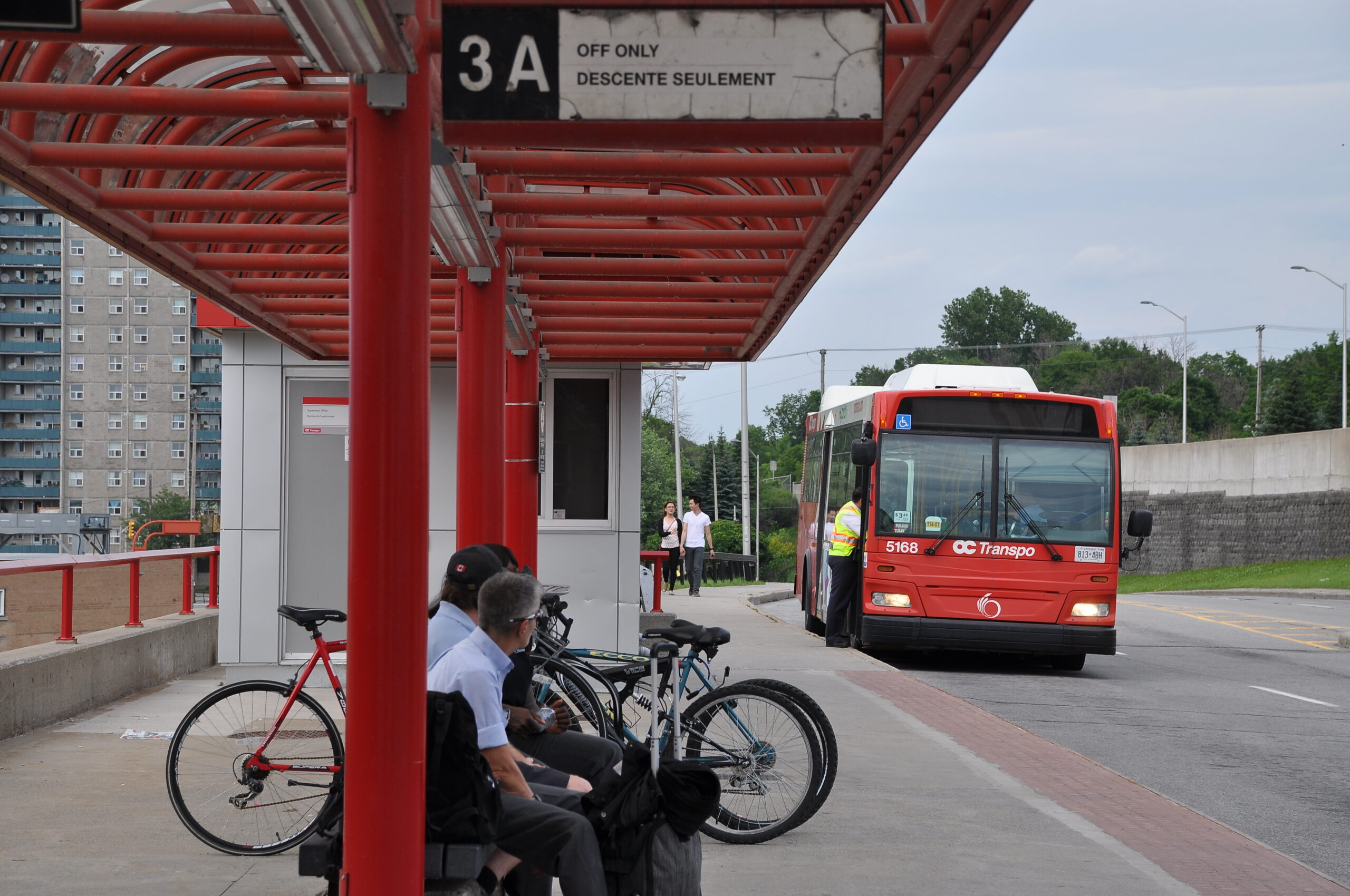
Elham Asaad Buaras
Canada’s Prime Minister Mark Carney has condemned a recent Islamophobic assault on a woman aboard a bus in Kanata, Ottawa. On August 11, a suspect assaulted a young Muslim woman, hurling Islamophobic slurs.
Witnesses reported that the victim, a Muslim woman in her late teens wearing a hijab, was first approached as she boarded the bus, where the assailant whispered an anti-Muslim slur before slapping her. When she attempted to move to another seat, he followed her, continuing to verbally abuse her, threatening to slam her head into the window and kill her. Passengers attempted to intervene, but the suspect, described as a white, English-speaking male in his 20s to 30s, approximately 5’8” with a slim build and a beard, fled the bus at Penfield Drive before police arrived. The victim, who was not known to the attacker, has been offered support services. Ottawa Police are investigating the incident as a hate crime and seeking witnesses or footage. The Hate and Bias Crime Unit is leading the probe.
The assault comes amid a surge in anti-Muslim, anti-Palestinian, and anti-Arab hate crimes. York University’s Islamophobia Research Hub report, Documenting the Palestine Exception, notes sharp increases since October 2023, with some regions seeing rises of up to 1,800%.
The report also uncovers systemic efforts to suppress advocacy for Palestinian rights, often under the pretext of combating antisemitism, which disproportionately scrutinises Palestinian perspectives compared with other human rights issues. Dr. Hasan warns that this combination of rising hate crimes and institutional censorship is creating a climate of fear for Muslim, Palestinian, and Arab Canadians.
Drawing on consultations with 16 Canadian organisations, public data, and media reports from October 2023 to November 2024, the report underscores the urgent need for comprehensive policy reform to address this escalating crisis. Dr. Hasan stated, “The aftermath of October 2023 unleashed a wave of anti-Palestinian racism, Islamophobia, and anti-Arab racism that permeates many aspects of Canadian life,” highlighting that without systemic change, Muslim, Palestinian, and Arab communities across Canada remain increasingly vulnerable to hate-motivated attacks and institutional suppression.
The report introduces the concept of the “Palestine Exception,” defined as “a systemic pattern where discourse on Palestine is disproportionately scrutinised, restricted, or silenced compared to other human rights issues.” It argues that this suppression often operates under the pretext of combating antisemitism, leveraging the International Holocaust Remembrance Alliance definition, which critics say conflates criticism of Israeli policies with anti-Jewish sentiment.
Several cases illustrate this exception: in 2023, Dr. Sarah Al-Najjar, a tenured professor, faced disciplinary action after organising a university panel on Palestinian liberation. In 2024, the Palestinian Solidarity Collective, a Toronto university student group, was banned from campus activities for distributing flyers critical of Israeli settler-colonialism. Media suppression is also documented, including a 2023 CBC segment on Palestinian displacement in East Jerusalem that was pulled after backlash from pro-Israel groups.
Physical and online hate crimes have surged alongside these institutional pressures. The Institute for Strategic Dialogue recorded a 422% increase in anti-Muslim hate speech on X between October 7 and 29, 2023. Incidents include assaults like the Kanata bus attack, such as a Muslim woman in Oshawa, Ontario, having her hijab forcibly removed, and attacks at pro-Palestine protests in Ottawa. Many victims self-censor to avoid further repercussions. Dr. Yasmin Jiwani, a co-author of the report, explained, “The fear of being labelled antisemitic or losing one’s livelihood creates a culture of silence.”
In response, the report proposes 15 recommendations to address both the rise in hate incidents and the systemic suppression of Palestinian advocacy. These include adopting a formal definition of anti-Palestinian racism, strengthening accountability for hate-motivated crimes, and conducting independent investigations into institutional responses, particularly within schools and universities. It also urges universities to safeguard academic freedom and media outlets to adopt transparent editorial standards, emphasising that “institutions must foster spaces where Palestinian perspectives can be heard without fear of reprisal.”
Photo: OC Transpo Ottawa City
Credit: Wikimedia
GAZA-RELATED NEWS
Editorial – Weaponised famine in Gaza: a starvation of conscience in the West
Salah questions UEFA’s sanitised tribute to Palestinian footballer slain in Gaza
Düsseldorf cancels deal with Israeli player amid fan outrage over genocidal social media posts
‘Don’t let Gaza die,’ over 200 German stars urge Merz to stop arming Israel
Israel closes 8 in 9 war crime allegations without charges
Support for Palestinian Statehood in Britain extends beyond Muslim voters, YouGov poll finds